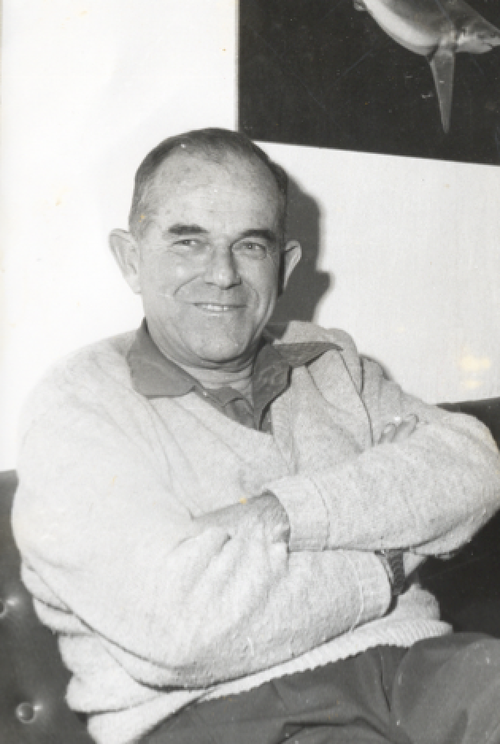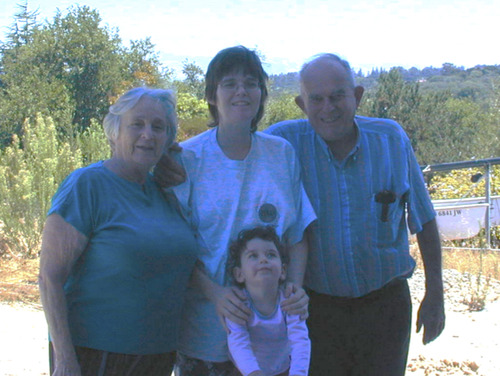Let me repeat that: Many courses have had registrations of over 100,000! Udacity's course Introduction to Computer Science had over 300,000 students. 180,000 took Machine Learning, and as seen in the table here, many of Coursera's offerings have had huge enrollments.
I have the honor and responsibility of presenting Coursera's first MOOC on plant biology: What a Plant Knows (and other things that you didn't know about plants). This seven-lecture series, adapted from my book What A Plant Knows, starts October 1. This course is offered as a "science for non-science majors" course, and several universities, including Tel Aviv University, are offering credit for this on line course.
My motivation for developing this course is a desire to popularize the amazing complexity of plant biology and plant research. As a biology professor, I have been repeatedly discouraged by the general ignorance of plant biology, not only in the general public, but also among my colleagues. On a practical level, this is manifested in reduced interest in botany-related courses and in plant research in general (and subsequent funding for plant biology research).
While many factors have contributed to the drop in popularity of plant-based research, part of the responsibility falls on us plant biologists who have done a rather lousy job of communicating both the excitement and importance of research in plants. We've left the playing field of public opinion empty for "brain sciences" and "personalized medicine" to prevail, and we've seen academic agendas dominated by both programs and infrastructure dedicated to such fields. While not denigrating the importance of these subjects, I think growing food for the world's burgeoning population should get at least equal attention.
 |
| My colleague Nir Ohad helping me in one of the lectures |
And I cannot predict the responses of my peers. Will presenting such a popular course be considered selling out? Would the time I spent developing this course been better spent furthering the basic research carried out in my lab?
Hopefully, if even a small percentage of the tens of thousands of students who have registered for the course find a new interest in plant sciences, then we as plant biologists can tap into this interest to influence a new generation of scientists.


 This is a story about the closing of a circle; a story that spans three generations and goes around the globe. My father, who passed away 6 years ago, was a lifelong educator, who cared passionately about teaching. He taught and inspired his students, and influenced the life of many, including Professor Danny Chamovitz. He also taught many, including myself, the love of learning and knowledge; my work on Coursera is a testament to his memory. It is a wonderful twist of fate that allows Danny to convey the ideas developed in my father’s research, via Coursera, to thousands of students around the world. I hope that they too continue to pay it forward, and propagate their knowledge and passion for learning to many others. [Pictured here are Daphne, her parents and her older daughter Natalie].
This is a story about the closing of a circle; a story that spans three generations and goes around the globe. My father, who passed away 6 years ago, was a lifelong educator, who cared passionately about teaching. He taught and inspired his students, and influenced the life of many, including Professor Danny Chamovitz. He also taught many, including myself, the love of learning and knowledge; my work on Coursera is a testament to his memory. It is a wonderful twist of fate that allows Danny to convey the ideas developed in my father’s research, via Coursera, to thousands of students around the world. I hope that they too continue to pay it forward, and propagate their knowledge and passion for learning to many others. [Pictured here are Daphne, her parents and her older daughter Natalie].